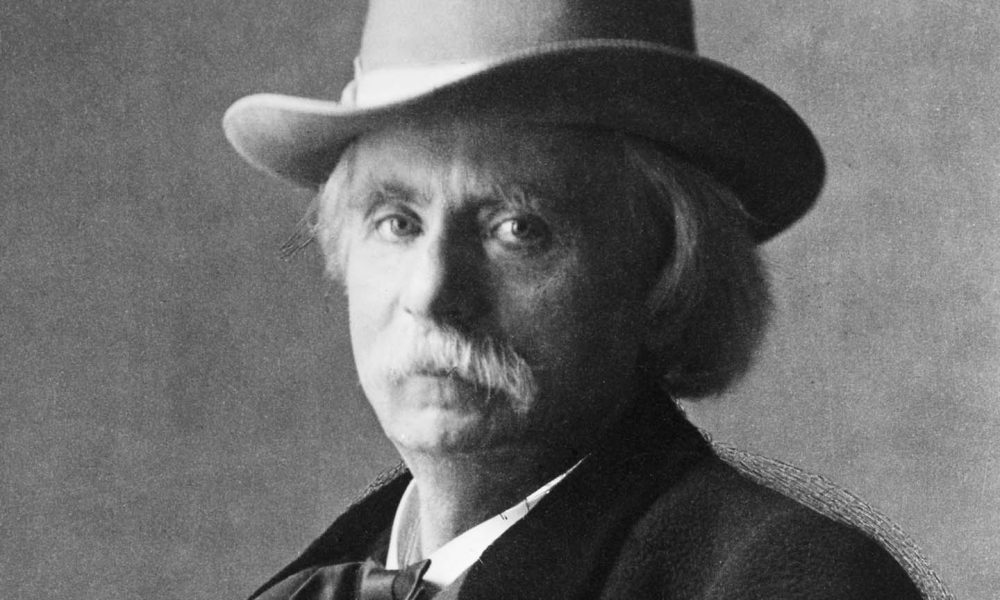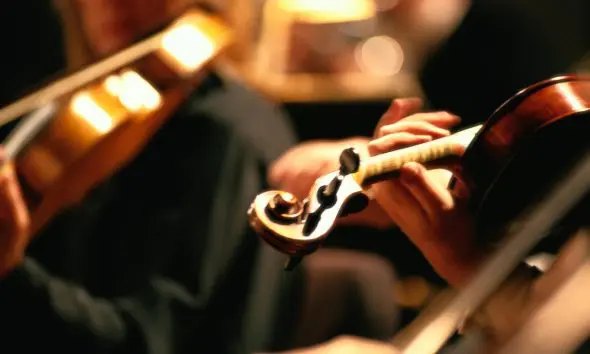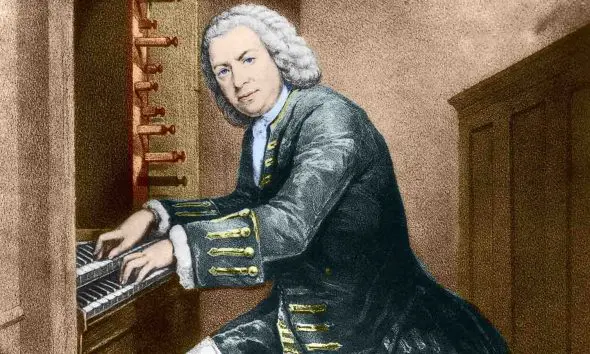Best Grieg Works: 10 Essential Pieces By The Great Composer
Discover our selection of the best Grieg works including ‘Peer Gynt’, ‘Lyric Pieces’ and ‘Piano Concerto in A minor’.

Edvard Grieg was born on June 15, 1843 in Bergen, Norway. He is renowned as a nationalist composer, drawing inspiration from Norwegian folk music, but the Grieg (formerly Greig) family was actually of Scottish descent – the composer’s grandfather left Scotland after the Battle of Culloden to settle in Norway. Grieg’s mother, a pianist, taught him to play the piano from the age of six. The virtuoso Norwegian violinist Ole Bull, a friend of the family, recognized the boy’s talent and persuaded his parents to send him to the Leipzig Conservatory when he was 15.
From 1863-1866 Grieg lived in Copenhagen, Denmark, where he studied with Niels Gade, the leading Scandinavian composer. He also met his fellow Norwegian composer Rikard Nordraak, who wrote the Norwegian National Anthem and became a great source of inspiration. Grieg recalled, “From Nordraak I learned for the first time what the Norwegian folk song was, and learned to know my own nature.” In 1867 Grieg married his first cousin, Nina Hagerup (1845–1935), a lyric soprano who became an important influence on his vocal composition. Among Grieg’s best-known pieces are Piano Concerto in A minor, the Holberg Suite, Lyric Pieces, and incidental music for Henrik Ibsen’s play Peer Gynt, which includes the excerpts ‘Morning Mood’ and ‘In the Hall of the Mountain King’. Grieg died on 4 September 1907 and was buried in a mountain cave at his home in Troldhaugen, Norway. Scroll down to discover our selection of the best Grieg works featuring 10 masterpieces.
Listen to the best of Grieg on Spotify.
Lyric Pieces
Lyric Pieces is a collection of 66 short pieces for solo piano that were published in 10 volumes, from 1867 (Op. 12) to 1901 (Op. 71). The collection includes several of Grieg’s best known pieces including ‘Wedding Day at Troldhaugen’, ‘To Spring’, ‘March of the Trolls’, and ‘Butterfly’. Grieg described Lyric Pieces as “an intimate slice of my life” and the series could be regarded as a musical diary.
Funeral March in Memory of Rikard Nordraak
Grieg composed his Funeral March in Memory of Rikard Nordraak in 1866 on the day he heard that his good friend and fellow Norwegian composer Rikard Nordraak had died at the age of 23. The march was originally written as a piano piece in A minor but Grieg also made arrangements for wind band and brass choir. Grieg valued the work so greatly that he asked for it to be performed at his own funeral “as best as possible.”
Piano Concerto in A Minor
Grieg’s Piano Concerto in A Minor, composed in 1868, is one of his best works and one of the most popular of all piano concertos. His Piano Concerto was influenced by Schumann’s Piano Concerto, also in A Minor, and Norwegian folk music. The work established Grieg as one of the foremost composers of his time and received praise from Liszt and Tchaikovsky.
Peer Gynt Suites
In 1874 Grieg was asked by Norwegian playwright Henrik Ibsen to write some incidental music for his play Peer Gynt, about the Norwegian folk hero. Peer Gynt premiered in 1876 and the music is probably Grieg’s most famous work. Grieg later created two popular suites (Op. 46 and Op. 55) from his music for Peer Gynt and the best known movements include ‘Morning Mood’, and ‘In the Hall of the Mountain King’.
Ballade in G Minor
The Ballade in G minor, Op. 24, composed during 1875 and 1876, is a set of 14 variations on an ancient Norwegian folk tune. Following the death of his parents in the autumn of 1875 Grieg was intensely depressed, which was also caused by problems in his relationship with his wife. Grieg said the Ballade was written “with my life’s blood in days of sorrow and despair.”
String Quartet in G Minor
Grieg produced only one complete mature string quartet, the String Quartet in G Minor, Op. 27, which he completed in 1877. The composition of the quartet was a challenge for Grieg, as he strove to continue the tradition yet expand the form, however it remains one of the most original and influential string quartets of the late 19th century.
Norwegian Dances
Grieg’s four Norwegian Dances, Op. 35, composed in 1883, are based on melodies he found in Ludvig Mathias Lindeman’s folk music collection Mountain Melodies Old and New. They were originally written as piano duets but are best known in the form of orchestral arrangements by Czech conductor Hans Sitt.
Holberg Suite
In 1884 Grieg accepted a commission to write a piece to commemorate the 200th anniversary of the birth of Norwegian philosopher and playwright, Ludvig Holberg. The resulting Holberg Suite, one of Grieg’s best works, was originally written for the piano and arranged several months later by the composer for string orchestra.
Violin Sonata No. 3 in C Minor
Grieg started composing his third and last violin sonata in 1886. The Violin Sonata No. 3 in C Minor, Op. 45, is his most popular work for the violin and the final piece he wrote using the traditional sonata form structure. At the premiere in 1887 Greig played the piano and the violinist was Adolph Brodsky.
Haugtussa (‘The Mountain Maid’)
Grieg’s song cycle Haugtussa (‘The Mountain Maid’), Op. 67, composed in 1895 and published in 1898, is one of his best works. Grieg read Norwegian writer Arne Garborg’s book of poetry Haugtussa, about a mountain maid and her first love and heartbreak, in 1895 and was so inspired that he composed his only song cycle, featuring settings of some of the poems, for soprano and piano.
Discover more of our articles collecting the best works of composers through the ages.





Rick Traum
September 21, 2023 at 1:23 am
He was age 67 when he wrote “Pier Gynt”.